PACS post / June 2, 2023
Winter 2023 Small Grants Recipients
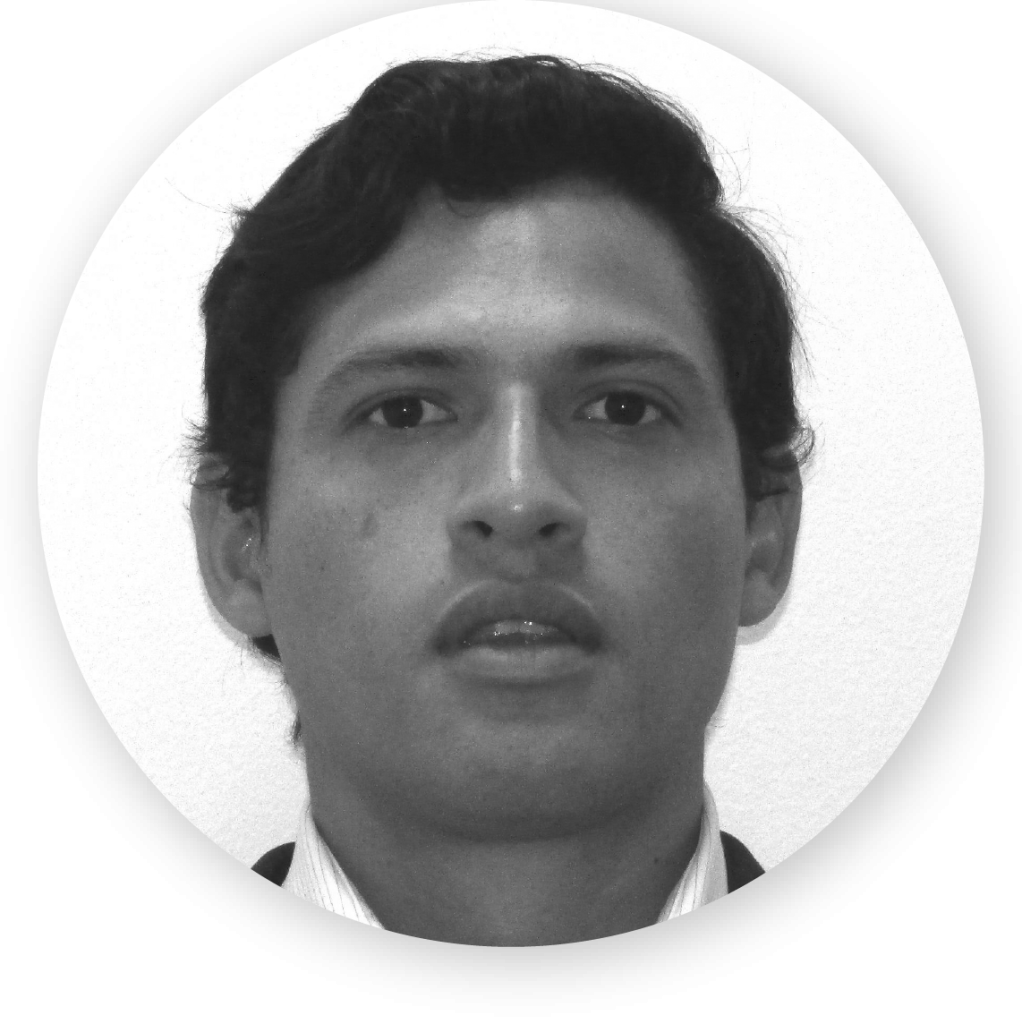
Cesar Lopez is a Ph.D. candidate in the Emmett Interdisciplinary Program in Environment and Resources (E-IPER) at the Stanford Doerr School of Sustainability. His dissertation research combines social network theory and analysis, development economics, agricultural and natural resource economics, remote sensing, and machine learning to study the effectiveness of agricultural development interventions in low- and middle-income countries, primarily focusing on the adoption and diffusion of irrigation in Latin America. Prior to joining Stanford, Lopez was a research fellow at the Inter-American Development Bank (IDB) in Washington, D.C., where he helped design and evaluate agricultural programs in Latin America and the Caribbean. He holds a B.A. in economics from the University of California, Berkeley.

Ellen Reinhart (she/her) is a Ph.D. candidate in the Social Area of the Department of Psychology working with Hazel Markus. Ellen’s research investigates how ideas about what it means to contribute to society privileges ways of helping others that are relatively more common in higher social class contexts (e.g., volunteering) over the forms of good relatively more common in lower social class contexts (e.g., caring for family members). With support from PACS, Ellen will examine the implications of this disparity on support for redistribution policies and political engagement.
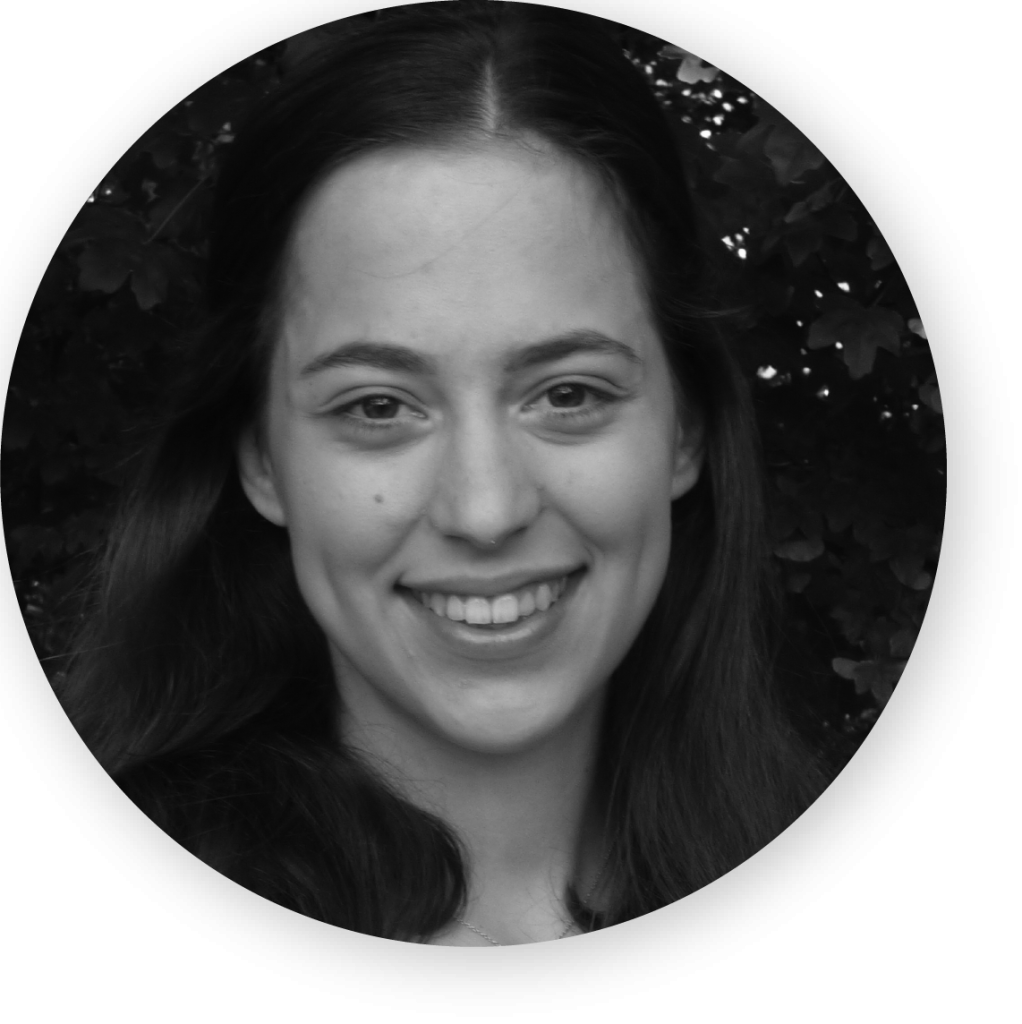
Hanna Folsz is a PhD candidate in Stanford’s Political Science Department. Her research interests are focused on democratic backsliding, political accountability, and corruption in East-Central Europe and Latin America. She is particularly interested in the drivers of democratic erosion and the potential for opposition actors to counter democratic backsliding processes. Prior to Stanford she received an MSc in Political Science and Political Economy from the London School of Economics and a B.A. in Economics and Politics from Durham University. At Stanford, she is affiliated with the Democracy and Polarization Lab and the Poverty and Governance Lab.
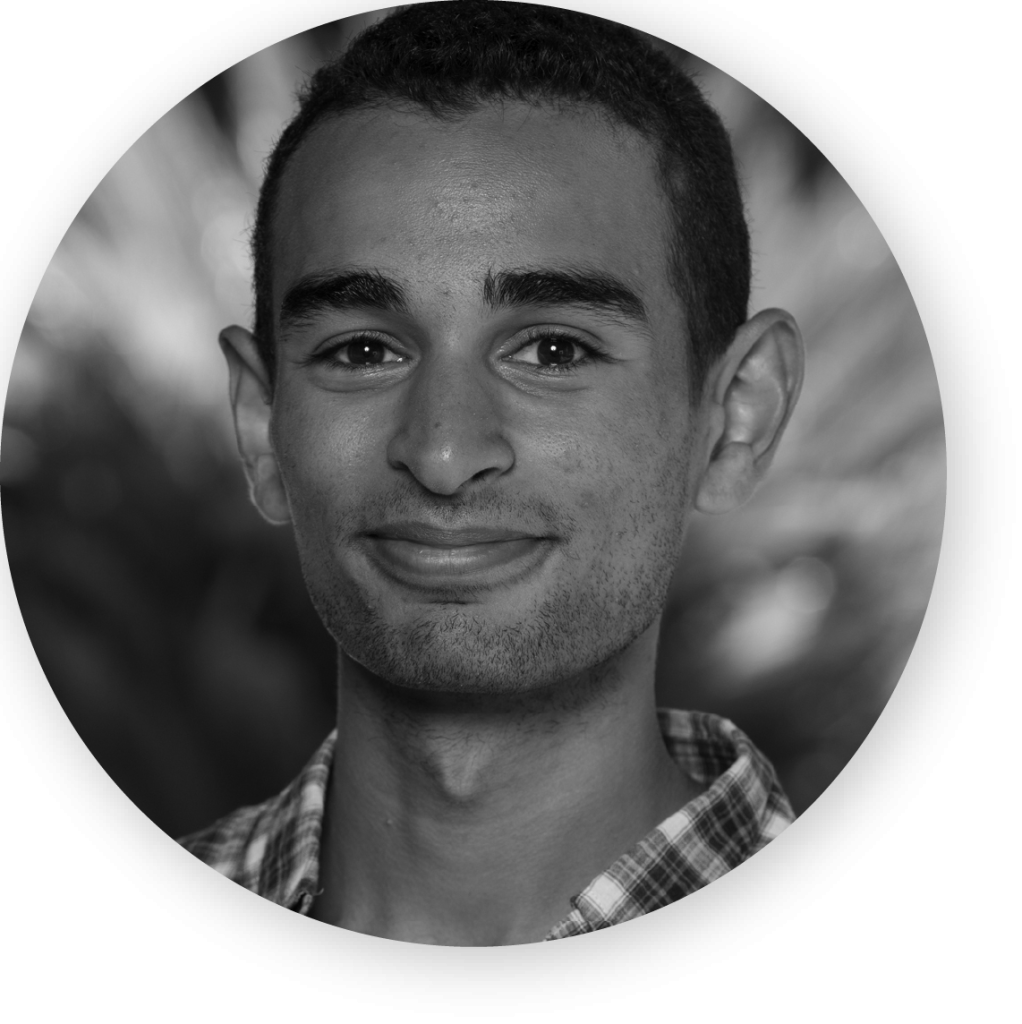
Mohamed A. Hussein is a Marketing PhD candidate at Stanford’s Graduate School of Business. Advised by Zak Tormala and Christian Wheeler, his dissertation explores emerging threats to democracy. Specifically, he explores barriers that prevent people from engaging with others they disagree with, ways to encourage people to consider ideas they oppose, and the rise of extreme candidates. At Stanford, Mohamed is a member of the inaugural cohort of the Knight-Hennessy Scholarship. He was also awarded the Diversifying Academia Recruiting Excellence (DARE) Fellowship. Before Stanford, Mohamed worked in economic consulting at Analysis Group and received a bachelor’s in economics from Middlebury College.

Nicky Sullivan is a PhD candidate in psychology. He studies how White children learn and think about race, with a focus on conversations between White parents and children. His current research focuses on how to encourage more frequent and effective conversations about race and racism in White families. His work can be found in Proceedings of the National Academy of Sciences and Scientific American.
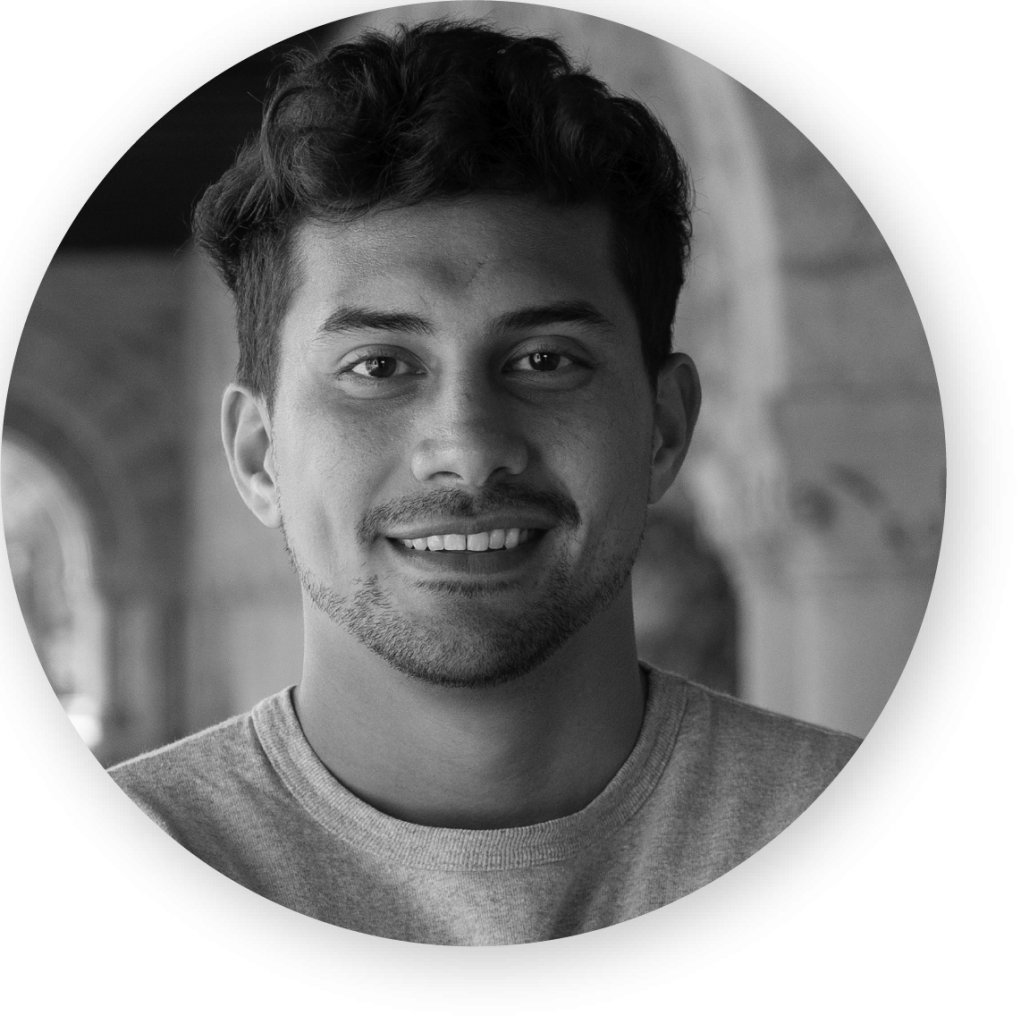
Sakaria Laisene Auelua-Toomey is a PhD candidate in the Department of Psychology. His research focuses on identifying and dismantling systems of advantage by examining the ways in which different contexts shape marginalized groups meta-perceptions. Currently, he is looking at how organization diversity initiatives impact the ways marginalized groups believed they are perceived by those organizations.
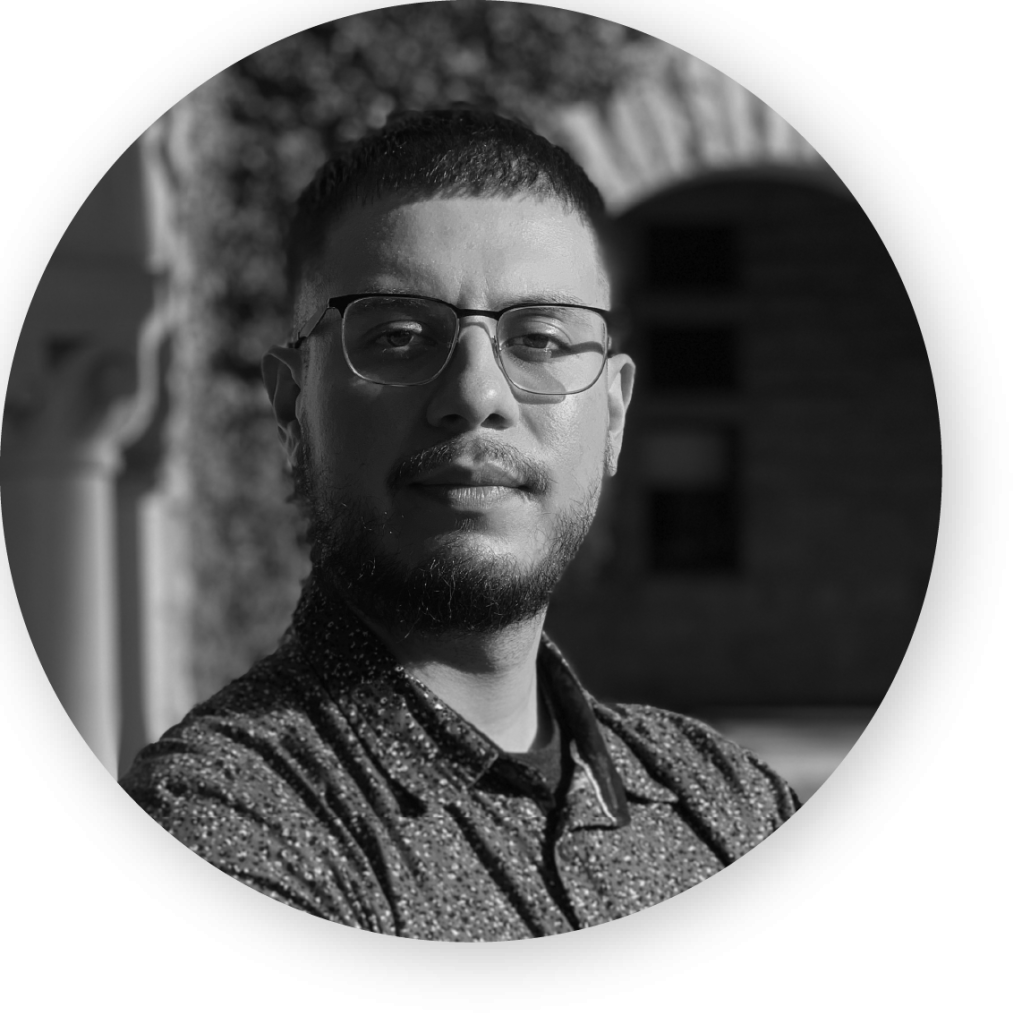
Brian Cabral is a Chicagoan, sociologist, and doctoral candidate in the Race, Inequality, and Language in Education (RILE) program at Stanford University’s Graduate School of Education. His research lies at the intersection of race, place, language, and carcerality. The focus of his dissertation work investigates the politics of redemption and the role of schooling reintegration for formerly incarcerated youth from the Bay Area-Peninsula, particularly those who participate in reentry programming. Brian also received an MA in Sociology at Stanford and a BA in Sociology with highest honors distinction from Oberlin College. His most recent work can be found in Race Ethnicity and Education, Teacher’s College Record, and the Routledge edited volume titled ‘Critical and Intersectional Gang Studies.’
